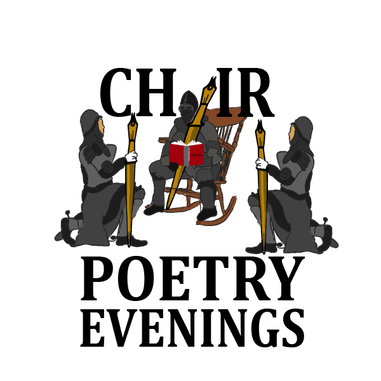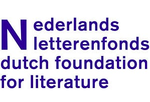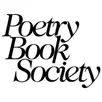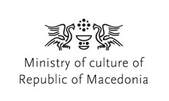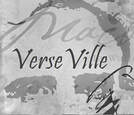Jesús Sepúlveda (Chile)
<
>
The Animal Hungers The animal hungers for light and strength He hungers Killing himself while hunting Groaning fatally and the last Hunger springs Sleepless There are beasts without burden that dance / grow fiery They warily drink water Famine distorts Tea or sugar or bread or fuel or a tender hand? The animal hungers for goodness The famished grow fat leaving scraps for neither him nor her who remained with her cubs The animal hungers Tramps through trenches up slopes Sets out He rears up on both paws and ransacks a beehive Spreads his wings and throws himself from a cliff The animal hungers when he moves with the flock or sells his lungs, his eyes his goodness, his fury hang from meat hooks There is no slaughterer without slaughterhouses there is a journal. a story. a bus and the barrio where he who writes grew up There are massacres Slaughterers dressed as generals in plastic aprons or doctors in white coats the chemists the priests enrobed Or gold buttons / stripes or suits Bare-chested or sweaty When the animal hungers Everything trembles Books crumble The earth quakes Autumn flowers bloom in the gardenIn the gazebo unreal and necessary the breeze rushes people stroll by Home is one who smokes sitting in the patio of his house or in a hotel or silently waits in the corner of his infancy or lingers outside until they open the door Hunger squeezes through crevices Cuts grooves Breathes Climbs fences Feeds But the animal doesn’t wait grows weak or devours He is hungry and cold He doesn’t know how to live with pain and anguish but tries He prepares tea / bathes or doesn’t He has had enough Slurps Dips his bread Sits still a moment Translated by Bill Rankin YAGE To Álvaro Leiva We are crystals What are we? Encrusted pearls that clean the mind Murky dregs of the stony terrain Rocky pearls that pulse A stormy river rushing through the mouth and leaving the body The silver serpent is a shadowy wake Silhouettes of moving trunks and branches In the depths aquatic roots scrape with their fringes the flight of worms launched from the dark Little greenand purple snakes The copper coil of the brain unravels like a music box in silence Mute pearls whose sharp eardrums hear the hissing of arrows What are we? An invadinglight a fugitive flash that dazzles in the corner of the eye the womb where fingers fumble and flex? Or eyelids that open only to close again? To see Time like an infinite mirror reflecting into itself The same image cubically cut up on every side Drinka river with mud and insects Jump from the tunnel to the valley of clear things Morning light Apparition of bark like an alligator's back The endless flux that thought embraces What are we? Fine crystals that must be cleaned Translated by Bill Rankin |
Jesús Sepúlveda is the author of ten poetry collections and three books of essays, including his green anarchist manifesto The Garden of Peculiarities (2002), his book on Latin American poetry Poets on the Edge (2016), and his collected poems Poemas de un bárbaro (2013). His third poetry collection Hotel Marconi (1998) was made into a film in Chile in 2009 and his first collection Lugar de origen (1987) remains a work representative of his generation growing up under Pinochet’s dictatorship. Sepúlveda’s work has been published in twenty countries and translated from Spanish into twelve languages, leading him to participate in many poetry festivals and readings throughout the world (Medellín, Granada, Struga, Chiapas, Bremen, Tabanan, Puerto Rico, Trois-Rivières, among others). The Sylt Foundation sponsored him to be a writer-in-residence in South Africa in 2016 and Germany in 2018. In summer 2019 Sepúlveda won first place in the state of Oregon’s Spanish poetry contest. His other works include Correo negro (Buenos Aires, 2001), Escrivania (Mexico, 2003), Antiegótico (Viña del Mar, 2013), Secoya (New York, 2015), and Wirikuta (Puerto Rico, 2019). Sepúlveda was born in Chile in 1967 and moved to Eugene, Oregon (USA) in 1995. He currently teaches at the University of Oregon.
|
